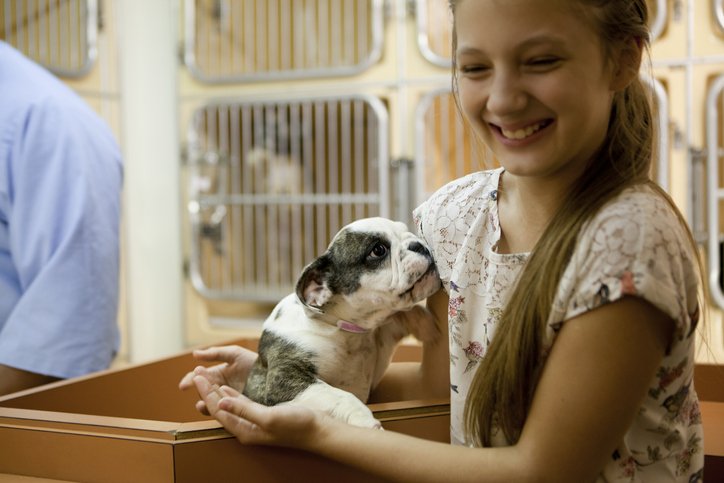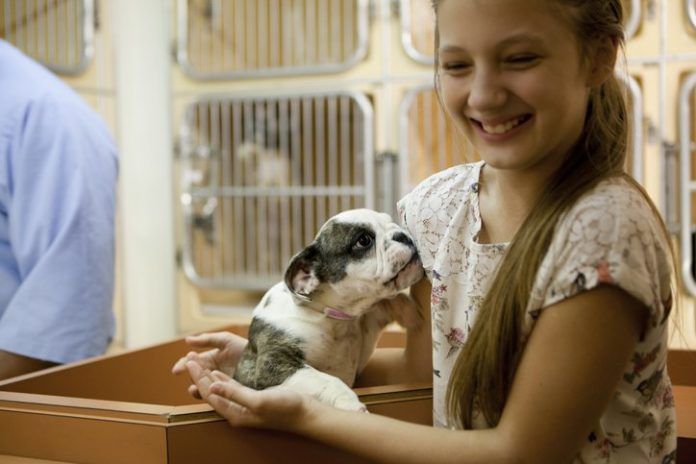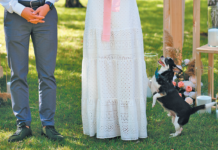
Photography M_a_y_a Getty Images E+
Simply put, it’s nearly impossible to resist the cuteness of a puppy. Some people prefer the idea of training a young puppy with the hopes of creating the adult dog of their dreams. But what are the things to anticipate when planning to adopt?
If you decide to adopt from an animal shelter or humane society, you may not know the exact genetics or background that the puppy brings to the table, but you will be helping the serious problem of unwanted and homeless animals. If you have a preference for a certain breed and choose to buy a puppy through a breeder, be sure to check their reputation via breed organizations or kennel clubs in your state.
“We recommend you don’t adopt any animal straight off the Internet,” says Emily McCobb, DVM, Director of the Shelter Medicine Program at the Tufts Cummings School of Veterinary Medicine. “People fall in love with animals because of a picture. But you have to be able to go meet the animal before making a decision; it shouldn’t be a high-pressure deal or a ‘final sale.'” Reputable shelters and rescues will take the dog back if it’s not the right fit.
On that note, be realistic about what your home and lifestyle can provide a puppy, who will soon be a full-grown animal with different needs. Consider temperament differences, the level of activity and exercise your dog will require on a daily basis and how the animal will fit into your particular family situation.
Puppy Vaccinations and Choosing the Best Puppy Food
Be prepared to take your new puppy to the veterinarian for the appropriate puppy shots to build a strong foundation for her healthy adulthood. You’ll need to take specific precautions against fleas and ticks, and provide a well-balanced diet designed for a growing puppy’s needs.
“Puppy energy needs are highest before four months and gradually decrease to adult amounts over the next two to twelve months, depending on the breed,” says Cailin Heinze, VMD, assistant professor of Nutrition at Cummings School of Veterinary Medicine at Tufts University. “Because different breeds reach adulthood faster than others, it’s recommended that you check in with your veterinarian on when it is safe to take a dog off of puppy food and transition to an adult dog food.”
It’s also an ideal time to get your new pet accustomed to safe and appropriate puppy chew toys, which can be helpful for her teething and to develop good chewing habits for when he is an adult dog.
If you are not well-versed in the training of a young dog, you can find a local trainer or canine center who can help with puppy training. Be sure to research the reputation and training methods of any dog trainer, and avoid those who use punishment-based methods.
Try to socialize your puppy with different types of people and various species of animals, whenever possible. Having new experiences that are safe and fun can help create a well-adjusted dog who is a pleasure for everyone to be around.





